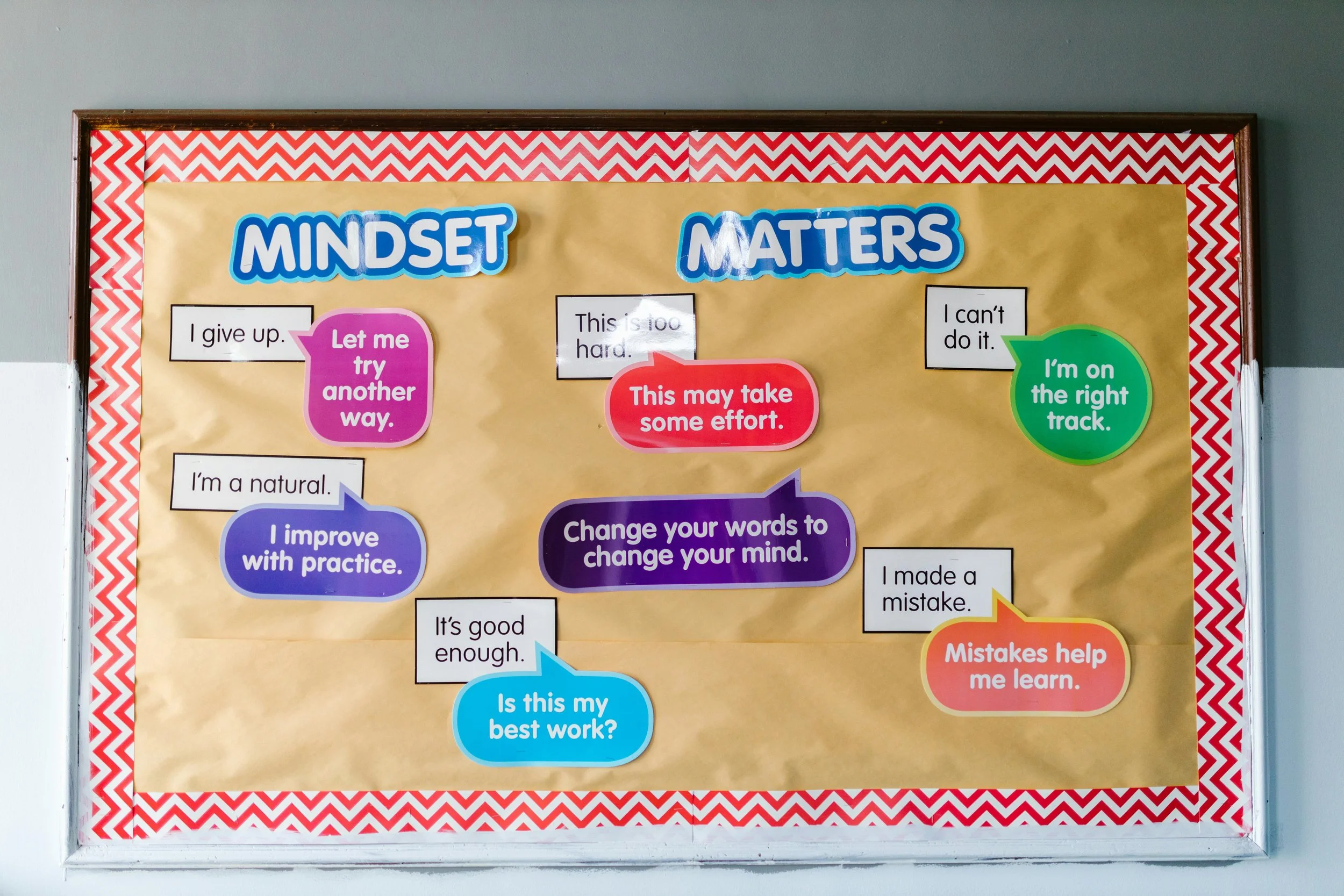Leadership Behaviors That Drive Continuous Improvement in Schools
Growth mindset isn’t just for your students - its a critical leadership capability for teachers and school leaders
Schools today face an ever-evolving range of challenges—shifting academic standards, diverse student needs, and technological advancements among them. In this dynamic environment, continuous improvement is vital to ensure that schools remain effective and responsive. While systems and strategies matter, it’s leadership behaviors that truly set the tone for ongoing progress. This blog post explores key leadership behaviors that help create a culture of continuous improvement, driving better outcomes for students, teachers, and the entire school community.
Modeling a Growth Mindset
At the heart of any continuous improvement effort is a growth mindset—the belief that abilities and intelligence can be developed through dedication and hard work. School leaders who consistently demonstrate a willingness to learn, adapt, and improve inspire teachers and staff to do the same. By embracing challenges, seeking feedback, and celebrating incremental progress, leaders show that mistakes are opportunities for growth rather than reasons for blame.
Why It Works:
Encourages innovation and experimentation in the classroom.
Reduces fear of failure, creating a supportive environment for continuous learning.
Prioritizing Collaborative Decision-Making
Leadership isn’t just about making top-down decisions—especially in a school setting where teachers, staff, students, and the community all have valuable insights. By fostering collaborative decision-making, leaders tap into diverse perspectives, leading to more effective and inclusive solutions. This behavior not only ensures that decisions are well-informed but also increases buy-in and ownership across the school community.
Why It Works:
Engages stakeholders, creating shared responsibility for school improvement initiatives.
Builds trust and strengthens the sense of unity within the school.
Emphasizing Data-Driven Practices
Continuous improvement thrives on data-driven decision-making. School leaders who regularly review student performance metrics, teacher feedback, and operational data can pinpoint areas for growth more accurately. They set clear goals and measure progress, ensuring that every adjustment in teaching methods or policy is grounded in evidence.
Why It Works:
Identifies specific strengths and areas for improvement, making efforts more targeted.
Ensures accountability by tracking measurable outcomes over time.
Encouraging Open Communication and Feedback
A transparent culture where feedback is welcomed—and acted upon—creates momentum for continuous improvement. Leaders should facilitate open communication channels, whether through routine staff meetings, regular check-ins, or anonymous feedback surveys. By listening actively and responding constructively, leaders demonstrate respect for staff input and strengthen the overall culture of trust.
Why It Works:
Fosters a supportive environment where concerns and ideas can be openly shared.
Allows for quick identification of issues and more responsive solutions.
Building Capacity Through Professional Development
Teachers and staff need ongoing learning opportunities to keep up with best practices, emerging technologies, and changing student needs. Leaders who invest in professional development—whether in-house workshops, coaching, or external conferences—demonstrate a commitment to continuous improvement. This not only enhances instructional quality but also shows staff that the school values their growth and expertise.
Why It Works:
Increases teacher effectiveness, boosting student outcomes.
Keeps staff motivated and engaged by promoting lifelong learning.
Leadership behaviors that support continuous improvement—adopting a growth mindset, fostering collaboration, leveraging data, encouraging open communication, and investing in professional development—can transform a school into a thriving environment for both students and educators. By focusing on these behaviors, leaders set the stage for innovation, adaptability, and sustained success.
At Washington Partners, we specialize in guiding school leaders to develop the skills, strategies, and systems necessary to drive continuous improvement. If you’re ready to elevate your school culture and enhance student outcomes, contact us today to learn how our consulting and coaching services can support your journey toward educational excellence.

